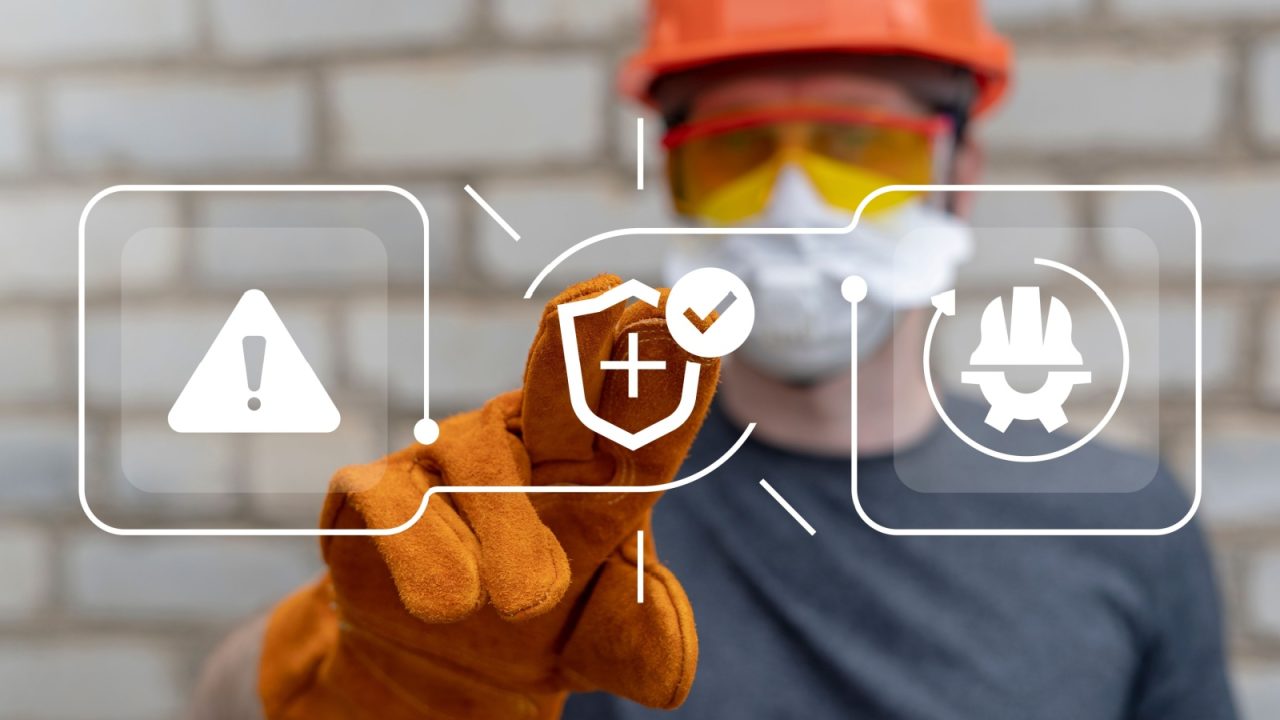The phrase the “elephant in the room” refers to an issue that it is too large to ignore or sweep under the carpet and has the potential to be disruptive if left unaddressed. It is common for there to be more than one unaddressed issue at a time. These issues apply as much in our personal lives outside of work as they do in the workplace.
A major reason organizations (and families) do not address these “elephants in the room” is the fear of the unknown, including the unknown ripple-effects of addressing the issue being overlooked. One such “elephant in the room” in the construction industry is alcohol and substance misuse among the collective workforce.
Why Alcohol and Substance Use is an “Elephant in the Room”
The data is too important to ignore. According to the Substance Abuse Mental Health Services Administration (SAMHSA), the construction industry workforce has the second highest rate of heavy drinking described as five to seven drinks on the same occasion five or more days in the in the prior 30 days. Moreover, data from Quest Diagnostics annual Drug Testing Index continues to show concerning substance misuse trends in construction among other industries, including rising positive tests for marijuana, post-accident tests and among federally regulated safety sensitive positions. Unfortunately, similar data does not exist for alcohol tests. From the data on substance misuse, it can be argued that a comprehensive substance use testing program is no longer adequate to deter substance misuse.
Why the “Elephant in the Room” Can No Longer Be Ignored
The consequences are too great to not address substance misuse by workers. First and foremost, the safety of the workforce and the general public is at risk. Despite the decreasing rates of recordable and lost time injury case rates, the frequency of Serious Injuries and Fatalities (SIFs) continues to remain stable over the past two decades. Many safety, human performance, and wellbeing professionals are focusing on “what’s under the hardhat” to explain this phenomenon.
The role of fatigue, impairment and distraction from substance misuse must be considered while also recognizing that work and schedules may compound this fatigue and mental stress. Work schedules and the challenges of production may foster unexpected substance misuse while coping with isolation stemming from long hours, time away from home, and out of town work. More needs to be done to help educate the workforce, including supervisors and leaders, about the importance of substance misuse and the associated complications of “what’s under the hardhat.”
Why the “Elephant in the Room” Can No Longer be Accepted
Chris DeHerrera, CEO of the Associated Builders and Contractors of Utah, cited statistics from ABC’s 2020 Safety Performance Report showing that “one-third of all incidents on construction jobsites are drug-or alcohol-related.” DeHerrera continues “substance abuse programs and policies with provisions for drug and alcohol testing where permitted lead to a 66% reduction in OSHA Total Recordable Incident Rate (TRIR) and a 67% reduction in Days Away, Restricted or Transferred (DART) rates and can be an effective method of incident prevention, if used properly.”
Bryan McCurdy, Human Resources Director for Lakeview Rock Products in North Salt Lake, UT, states “We have accepted a problem that should not be an acceptable problem. Why are we willing to accept these behaviors? Is it because the behaviors are not affecting us all of the time?”
Calling out the “Elephant in the Room”
A “gut-check” question company leaders must consider is “are you accepting substance misuse because behaviors may not manifest as an immediate issue or problem”? If that is not compelling enough, then leaders should also consider the potential effects substance misuse can have on key operational factors, including productivity, schedule, jobsite safety, quality and re-work, owner concerns or delays and profitability.
To make matters even more real, in a Construction Executive article, “Opioid and Substance Abuse in the Construction Industry,” author Marko Kaar states there are more deaths by suicide and opioid overdoses in the AEC industry than those attributed annually to OSHA’s Focus Four. Armed with this information the time has come for contractors to expand the level of behavioral health literacy to understand the true direct and (hidden) indirect consequences of substance misuse. DeHerrera also asserts “the stigma of mental and emotional health in the construction industry has stifled the conversation for many years.”
Finding Solutions for the “Elephant in the Room”
The construction industry must continue to illuminate the problem through education and training while continuing to develop solutions. For example, construction employers are right to be concerned with opioids for the treatment of chronic pain for musculoskeletal injuries to trades workers. Travelers Chief Medical Director Dr. Marcos Iglesias echoes this concern in stating “the tools we use for treating acute pain are not effective in managing chronic pain, and there is no silver bullet that works in all cases.”
Dr. Iglesias shared that the “approaches that introduce active techniques and equip workers to manage their chronic musculoskeletal pain are most effective.” Dr. Iglesias shared numerous such examples including “physical activity, pain management education, sleep restoration and behavioral approaches, such as fear avoidance behavioral therapy, cognitive behavioral therapy, and acceptance and commitment therapy.” Dr. Iglesias concluded “since there are multiple options to manage chronic pain, it’s important that you have a shared philosophy with your insurance carrier in order to help employees recover functionally from an injury.”
Again, Dr. Iglesias offered perspective for employers on the most important steps to address substance use among employees. Iglesias said, “effectively addressing substance use in the workplace requires a strong commitment from management, human resources, supervisors and employees and a coordinated approach to ensure that policies, education, training and support align.” Dr. Iglesias elaborated about the importance of “a common purpose and sense of accountability being crucial to making a program successful.” Dr. Iglesias recommends “making information available on the risks of misusing alcohol and drugs, how to avoid misuse and how to improve physical and mental well-being.”
Conclusion
It is important to keep employees from slipping through the cracks by encouraging and equipping them to seek help. Lakeview Rock Product’s McCurdy asserts “there needs to be greater recognition that alcohol or substance misuse may be the result of another problem or unresolved issue.” McCurdy states “the use of drugs and alcohol is usually an outlet; there is almost always a bigger issue behind the use.” It is time to incorporate more worker mental health and wellbeing into jobsite safety. It’s time to focus on the holistic health in construction safety and health. DeHerrera believes “we must have the vital conversations in order to promote the solutions and resources for the entire Architecture-Engineering-Construction (AEC) industry. It’s imperative that we continue the educational process for company leaders.”






